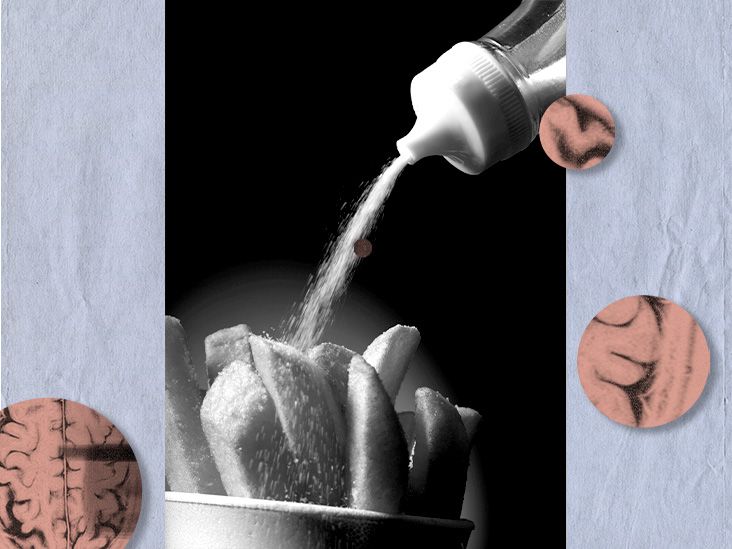Coenzyme Q10 (CoQ10) is an essential chemical in the human body that helps vital cellular functions. Medications such as statins can lower CoQ10 levels, which can increase the risk of complications.
CoQ10 is available as a supplement and in certain foods. A doctor may recommend taking CoQ10 supplements when taking statins for cholesterol to help keep a person’s CoQ10 levels higher.
This article reviews what CoQ10 and statins are, how statins affect CoQ10 levels, other side effects associated with statins, and more.

CoQ10, or ubiquinone, is a type of quinone in most aerobic animals, meaning animals that use oxygen to produce cellular energy from food. Quinones are small organic compounds that the body converts into useful forms.
CoQ10
Cells need CoQ10 to produce energy. To do this, the mitochondria convert CoQ10 into a useful form known as adenosine triphosphate (ATP).
CoQ10 also acts as an antioxidant, eliminating potentially hazardous free radicals inside of a cell. This may help prevent damage that can lead to several health conditions, such as cardiovascular disease.
CoQ10 plays a role in the immune system as well. An adequate supply of CoQ10 to cells and tissue relating to immune function helps keep them functioning at optimal levels.
Statins are a type of medication doctors prescribe to treat cholesterol levels.
Though a person obtains some cholesterol from their diet, the liver produces most of the cholesterol that the body uses. If cholesterol levels get too high, this can lead to blockages in the blood vessels.
Statins help stop the liver from producing excessive cholesterol and help the liver remove excess cholesterol from the blood. Statins can help reduce a person’s chance of developing a heart attack or stroke.
Statins, like all medications, can cause side effects. One possible effect is lowering a person’s CoQ10 levels throughout the body, which may lead to muscle pain and mitochondrial dysfunction.
Proponents of CoQ10 supplements suggest that adding the nutrient to a person’s daily diet may help reduce this statin side effect and relieve muscle pain.
Evidence on exactly how statins affect CoQ10 levels and supplementation remains inconclusive.
A
Another
However, a
Study authors go on to point out that many of the claims people associate with statins reducing CoQ10 levels may derive from case studies from the 1990s, and that larger, controlled studies are necessary to confirm the results.
Evidence suggests 85–90% of people taking statins do not have side effects. People who do
- sleep disorders
- muscle symptoms
- indigestion
- rash
- headache
- alopecia, which is hair loss due to the immune system attacking hair follicles
- arthritis
- nausea
- gynecomastia, or enlargement of breast tissue in males
- erectile dysfunction
Other possible side effects might include:
- new onset of type 2 diabetes
- possible increased risk of hemorrhagic stroke
- anti-HMG-CoA reductase necrotizing autoimmune myositis, which is a rare autoimmune disorder that causes severe muscular cell death and is likely most common in people with a genetic predisposition
In addition, CoQ10 supplements may help with:
- Prevention of cardiac and metabolic diseases:
Some evidenceTrusted Source suggests CoQ10 supplements may help improve outcomes, reduce the chance of death, and improve quality of life in people with cardiac and metabolic conditions. More research is necessary, though. - Migraine headache duration: A
2018 studyTrusted Source found that CoQ10 use may help reduce the duration of a migraine headache, but it has no effect on the frequency or severity of the condition. - Protection from age-related disease:
Some evidenceTrusted Source suggests CoQ10 supplements may help prevent the development of neurodegenerative diseases, such as Parkinson’s disease or Alzheimer’s disease. It may do this by correcting mitochondrial dysfunction.
CoQ10 supplements are likely safe for most people when taken as recommended by a healthcare professional.
Possible side effects
Some people
- take warfarin (Coumadin)
- receive certain cancer treatments
- take insulin
Before starting a new supplement, a person should discuss their current medications, other supplements, and health conditions with a qualified healthcare professional, like a primary care doctor or pharmacist.
CoQ10 is an essential compound found in the human body, supplements, and foods. Statins may lower a person’s CoQ10 levels, which could lead to muscle pain and other side effects.
Some evidence suggests taking CoQ10 supplements may help prevent statin-related muscle pain and other possible effects. However, not all evidence agrees that taking CoQ10 supplements will have any effect.
A person should discuss adding CoQ10 supplements with their healthcare professional before starting them to avoid side effects or medication interactions.

